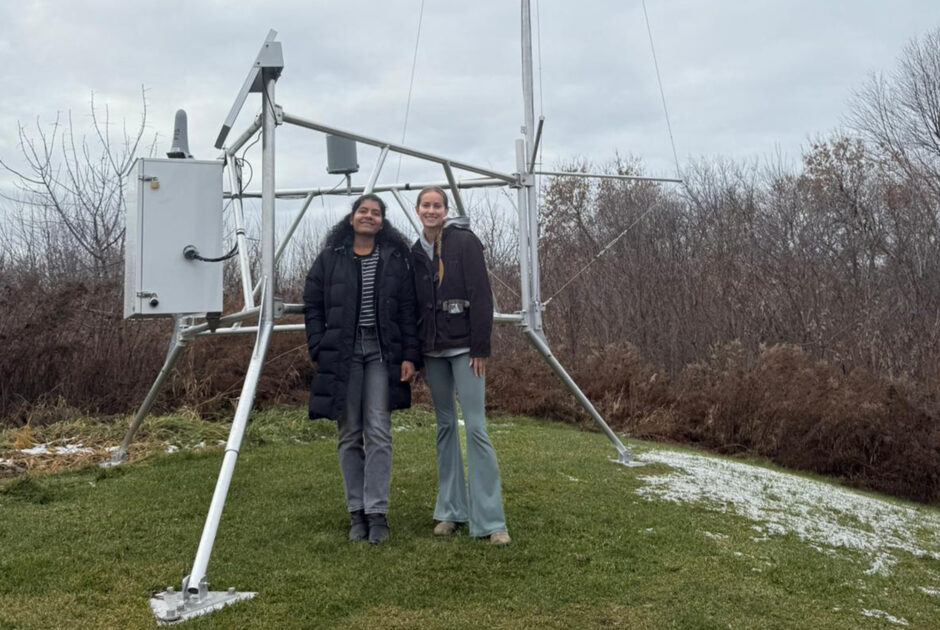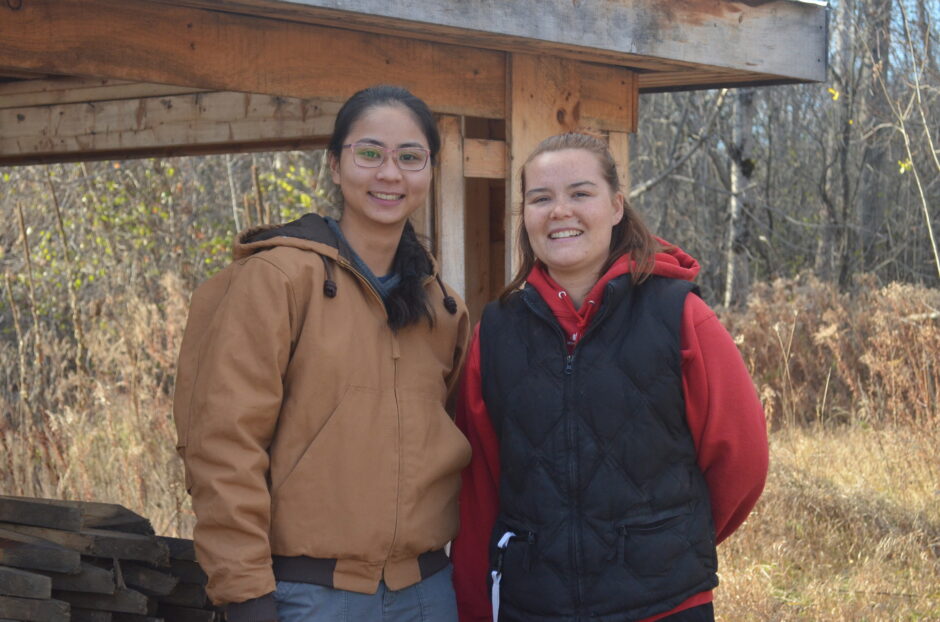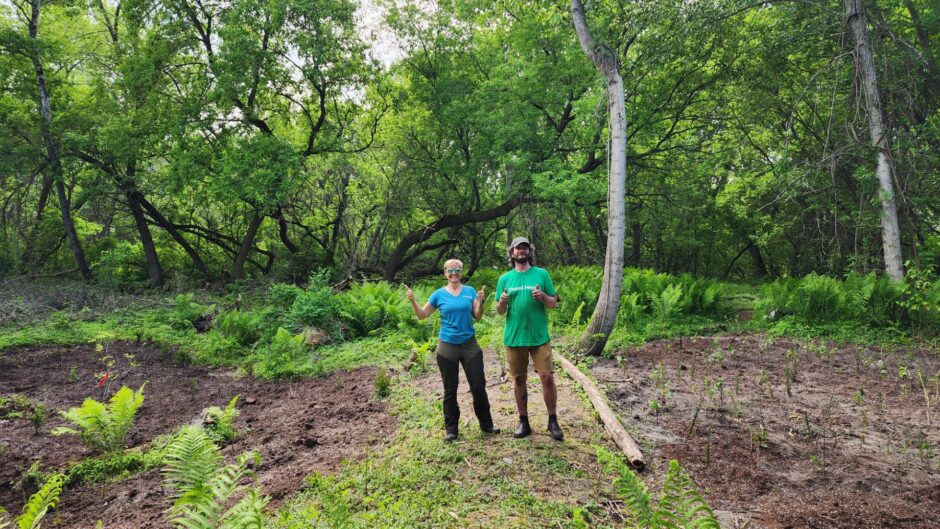Algonquin College’s food cupboard adapting to increased demand

With a new school year starting, Algonquin College’s food cupboard has seen a growing demand for services.
Through funding from the Students’ Association and support from local community members, the food cupboard provides food and other basic household items to students facing financial constraints.
Julia McCann, the coordinator of the food cupboard, said the increase in demand is not a new development. The program first launched in 2014 and demand for its services has only grown, McCann said.
“It’s just really difficult with the cost of living increasing,” McCann said. “It makes it even more difficult for students to afford basic necessities like food.”
According to Canada’s Food Price Report 2022, overall food costs are set to increase by between five per cent and seven per cent throughout the year. The report, researched and released collaboratively by several Canadian universities, said it’s “the highest predicted increase in food prices since the inception of the report twelve years ago.”
The rising food costs are adding financial strains on students, resulting in greater numbers of them seeking the support of the food cupboard. McCann said the program has expanded the amount of food provided to students.
“We were giving out roughly three days’ supply of food to students,” said McCann, “and we’ve recently increased that to about five days because, seeing the increased demand, we are realizing that students need more.”
With price increases not being exclusive to food items, the food cupboard has also started offering nonedible household and personal items. Products like hand soap and laundry detergent are among the most popular as their high costs make them an added financial burden, McCann said.
When filling out the program’s intake form, students can request different food and nonedible household items based on their personal needs. The items are numerous and include refrigerated items like eggs and milk, frozen meats, canned goods and baby supplies. Provided the desired items are in stock, the food cupboard will then fill the order and contact the student with a pickup date and time.
The majority of the food cupboard’s donations are funded through the Students’ Association and, according to the program, the food cupboard has spent approximately $35,000 on donated items in the last 12 months.
Students also contribute a sizable portion of the donated food and household items. Those interested in donating can drop off food items at one of the three red and white Campbell’s Soup-themed bins located at the ARC, Students’ Association office and food cupboard office.
The food cupboard collects nonperishable food items throughout the school year. The donations go a long way in ensuring Algonquin College students are properly fed.








